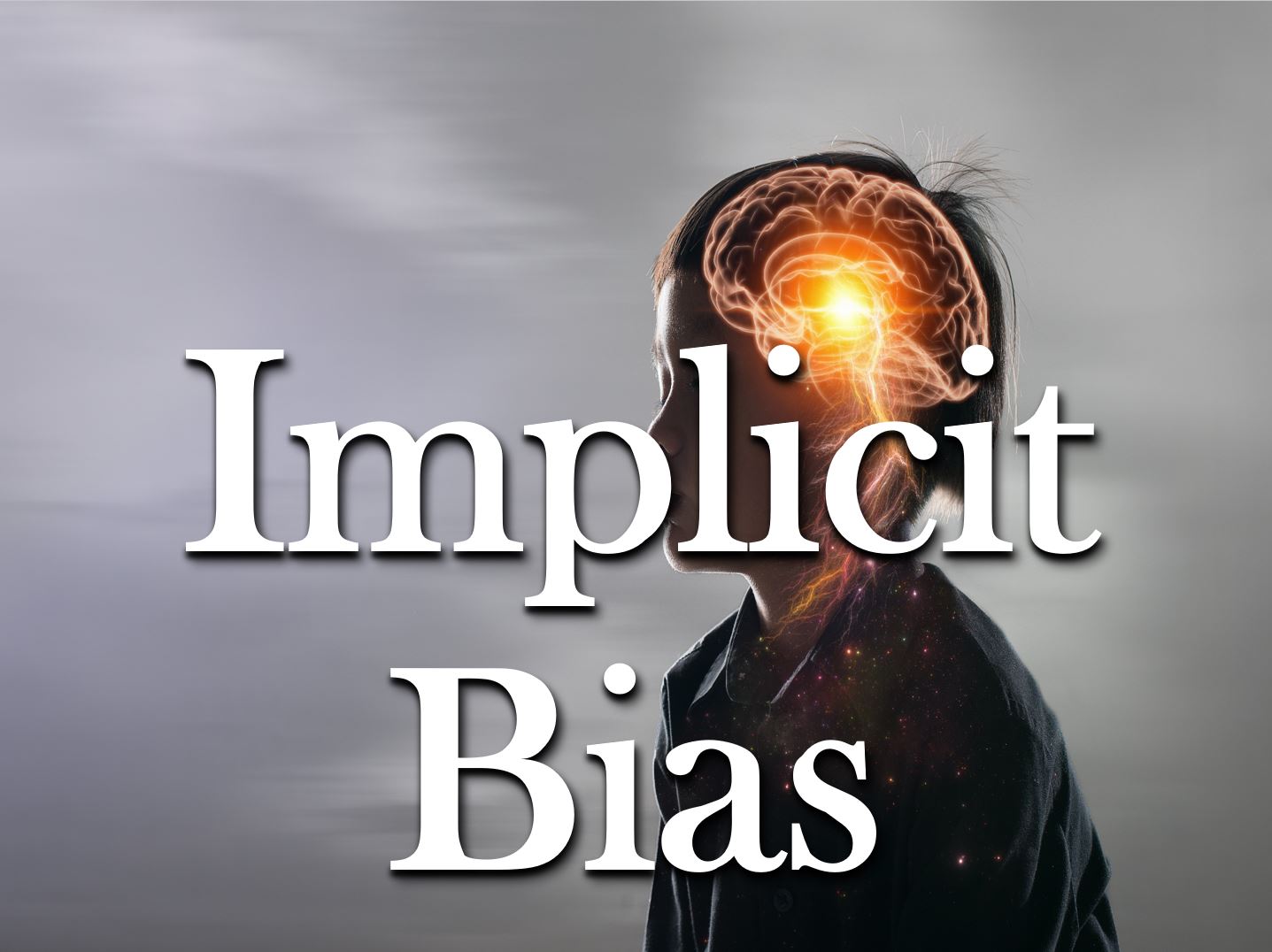
Implicit Bias is a very misinterpreted term. Often used to describe unconscious racism, implicit biases are, in actuality, much more than a singularly held prejudice. They are much more complex in scope. Are possessed by all human beings. And they exist for a purpose. The key questions about the biases we hold unconsciously are: Why do we have them? Where do they come from? What are mine? And perhaps most importantly: Are they helpful or maladaptive when it comes to assessing, deciding and behaving during interactions with others?
In the seminar we discuss these questions and more. We look at all biases, whether implicit or explicit, and examine whether we have any that are illicit in nature, particularly as they relate to race and cultural diversity. Biases that could cause officers to unconsciously view certain people as inherently dangerous resulting in inaccurate assessments, flawed decisions, unprofessional behavior and unnecessary uses of force.
We address topics that include, but are not limited to the following:
Bringing you up to date news, videos, training, and tips.

Calibre Press
P.O Box 3476
Glen Ellyn, IL 60138
P: (630) 941-0900
F: (630) 793-9745
E: [email protected]
Copyright © 2021 Calibre Press. All rights reserved.